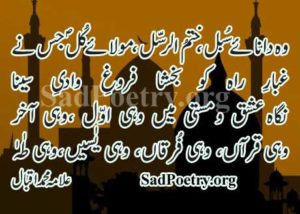
Immigrant Sindhis started a new chapter in their history on the premise that there was ‘No home to live, but the whole of India is ours’. Immigrant Sikhs and Muslims from Pakistan found new homes in Punjab and Uttar Pradesh, but for the Sindhi community, there were merely promises.

This belief and hope motivated Hindu Sindhis to leave their homes, business and land in the temporary care of Muslim Sindhis, which later lay open to claims. Sindhis had always been one community irrespective of religion they believed that the Partition was temporary, and once the riots subsided, the situation would return to normal and people would come back to their homes. Partition based on religious lines made Sindh a geographical part of Pakistan, and lakhs of Hindu Sindhis left their motherland to become a part of India. History and politics, however, conspired not only to offer Independence, but also to create new borders. Seventy years ago, in 1947, India achieved Independence from British colonial rule. It’s heartening to know that ‘women raagi faqeers’ will join their male counterparts soon in singing in this sufi courtyard.Effect of Partition on the Sindhi Community Raagi faqeers, a group of devotees dressed in black, recite Shah Jo Raag (Bhitai’s poetry) at his shrine situated in Sindh (Pakistan). Shah Lateef’s Risalo has traveled from Multan to Rajastan and permeated into the folk culture of Kathiawad and Balochistan too.

Shah Lateef composed ‘ SHAH JO RISALO‘, borrowing female characters from Sindhi folklore like Sassi, Marvi, Leelan, Mumal, Noori and Surath, whose tales bear shades of loyalty, sincerity and valour. Shah Lateef had abandoned his settled life under the influence of Jogis and Ascetics and chose to settle among sandy mounds of Sindh, which today is known as Bhit Shah, where his present day shrine is located. He also mentioned the ravaged Sindh, mired in civil wars, after the demise of Mughal empire.


Shah Abdul Latif, also known as Shakespeare of Sindhi Poetry, talked of common folk and their struggles in his poetry. The Sufi ascetic poet Abdul Shah Lateef, whose Sufiyana Kalam sung by Abida Parveen mesmerized the world, his urs beginning on 2nd October 2020 is not being celebrated this year due to Covid restrictions.


 0 kommentar(er)
0 kommentar(er)
